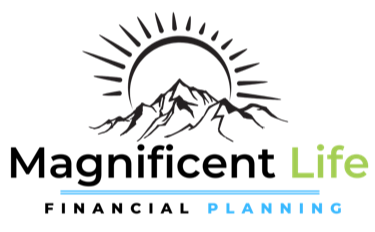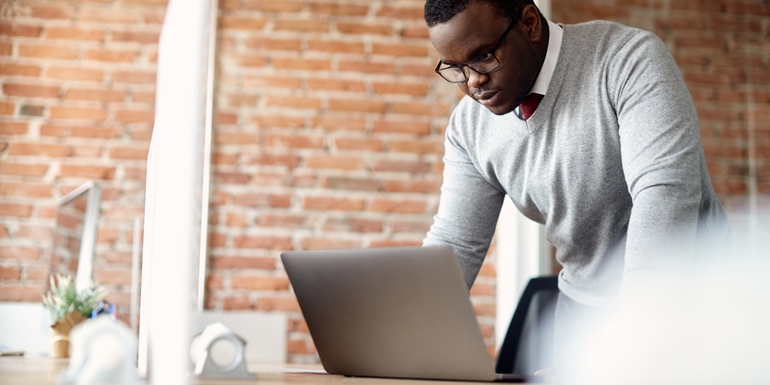For years there have been copious books, blogs and articles written on healthy time and energy management, and in today’s digital environment, it’s even more essential for success. Experts suggest a shift in how we approach our daily routines, starting with our emails and social media notifications. While our email inbox or WhatsApp notifications may seem like the most urgent priority, it can often lead to “energy zero” if we are not careful.
After running a quick Google search, some of the following stats became clear:
- On average, 28% of work time is spent on email
- We check email on average 11 times per hour
- 84% keep email open in the background while working
Email Apnea, a phrase coined by Linda Stone around 2014, is the temporary cessation of breath when we’re in front of a screen, especially when texting or doing email. This chronic breath-holding puts us in a state of fight or flight, affecting emotions, physiology and attention.
In the book, Manage Your Day-to-Day: Build Your Routine, Find Your Focus & Sharpen Your Creative Mind, the recurring advice across many of the 20 experts who contributed essays to the book was simple: don’t start the day by dealing with your email.
Instead, start the day by tackling the most challenging task first. This may seem impractical for some work environments, but we can apply it to any situation. For some, arriving at work early to carve out creative time could be beneficial. For others, it may require retraining themselves not to assume that the priorities of their inbox match their own goals and responsibilities.
Best-selling author and founder of The Energy Project, Tony Schwartz, suggests building energy renewal into our workday. Scott Belsky, co-founder of Behance, recommends allowing unstructured time between meetings to recharge and absorb what just happened.
By taking responsibility for our own time and energy, we can avoid letting email, social media or other reactive tasks blunt our focus. James Victore (yourworkisagift.com) writes, “We are losing the distinction between urgent and important—now everything gets heaped in the urgent pile.”
Taking charge of our priorities helps us filter distractions and plan focused time to use our energy and creativity wisely, and it can also make it easier for our family and colleagues to do the same. Before you begin your day with a race to reach inbox zero, take a breath and consider what’s most important for your day.

